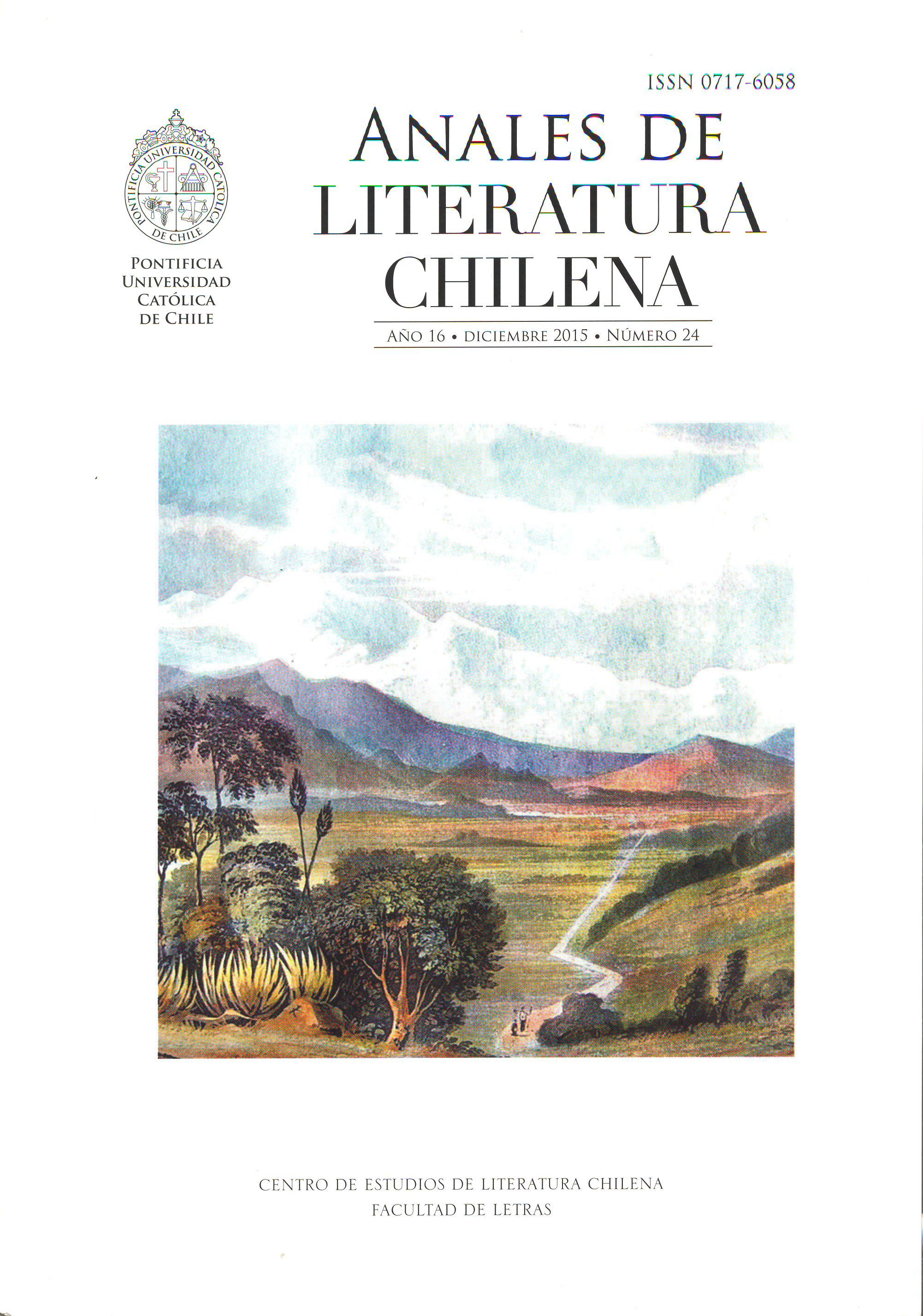The sheepherder and the bandit. Trajectories, crossings and genocide in two British travel accounts in Tierra del Fuego (1890s)
DOI:
https://doi.org/10.7764/ANALESLITCHI.24.08Keywords:
Colonialism, Frontier, Racism, Travel literature, PatagoniaAbstract
n little over a decade, beginning in 1885, Tierra del Fuego was occupied by sheep, sweeping out its native population. Sheep colonization was possible because of the expansive strength of British capital, deployed through animals and workers coming from the Falkland Islands/Malvinas. Beyond entrepreneurial and administrative sources, there are very few and fragmented testimonies of those who took part in the building of the first ranches (stations). This article studies the trajectories and experiences of two British men who wrote about their stay on the island during this period: William Blain, a Scottish shepherd, whose memories remained unedited until recently, and James Radbume, whose testimony was recorded in 1932. By analyzing both narratives, their crossings and dealings with the Selknam genocide, I will discuss the historiographic possibilities these travelogues open, and propose to understand them in a contingent, complementary manner as zones of exclusion and contact.
Downloads
Published
How to Cite
Issue
Section
License

This work is licensed under a Creative Commons Attribution-NoDerivatives 4.0 International License.


